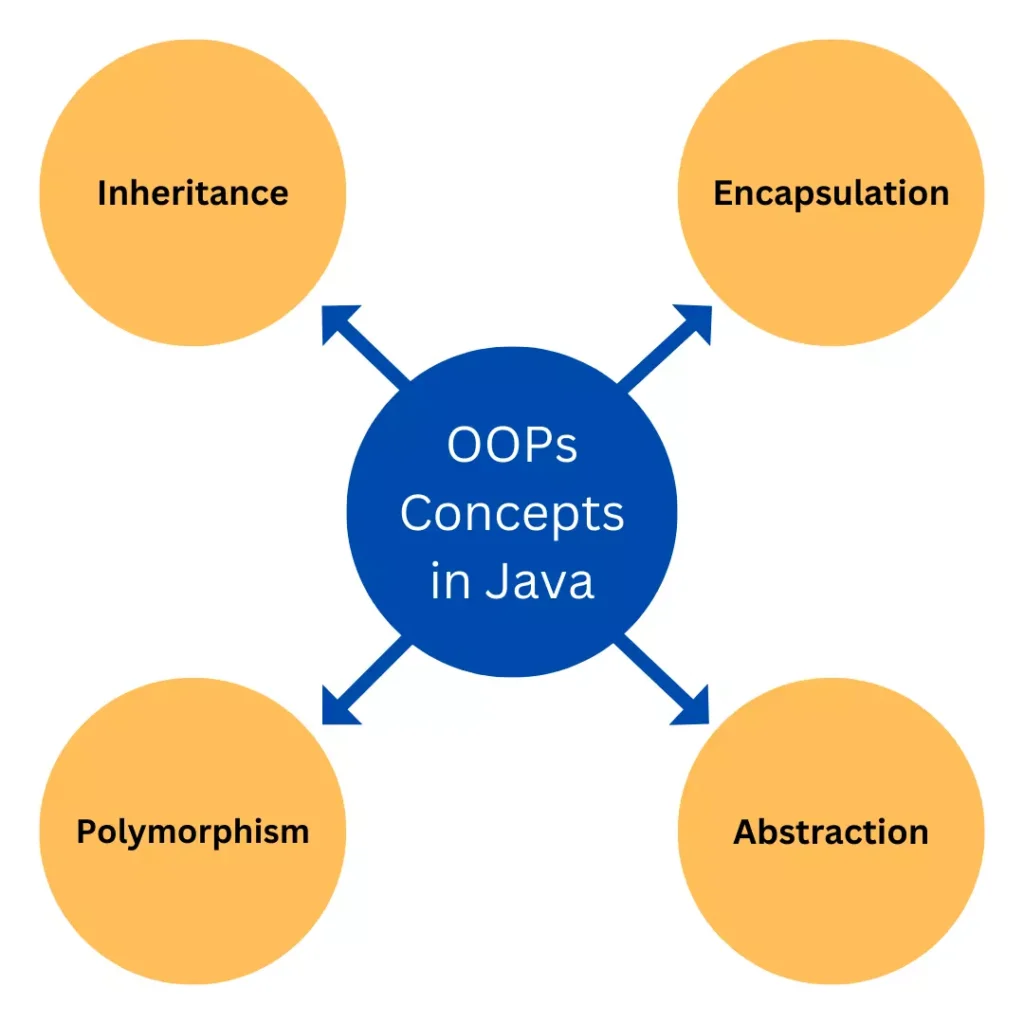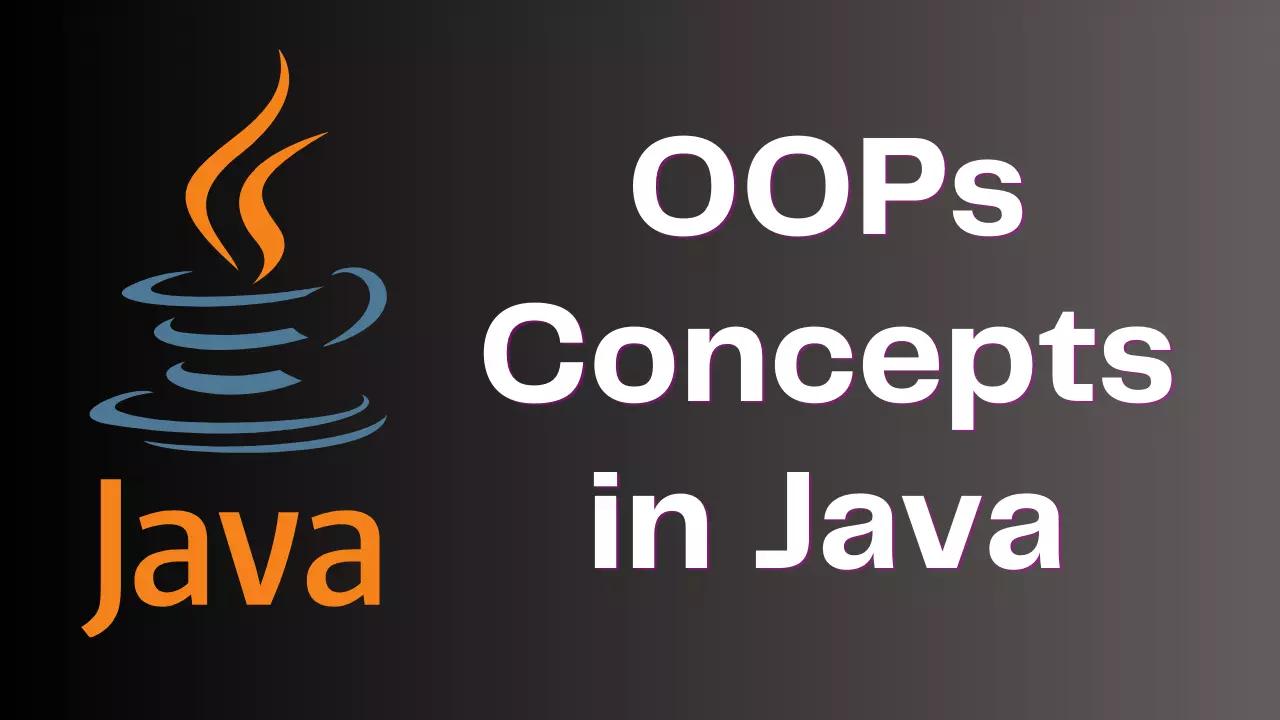This article provides an introduction to the four main OOPs concepts in Java -encapsulation, inheritance, polymorphism, and abstraction.
You’ll learn how each concept works and how to apply them to your Java programming projects, helping you write more efficient, modular, and reusable code.
Object-oriented programming (OOP) is a way of writing computer programs that are based on the idea of objects. It helps programmers to organize their code in a way that is easy to understand, update, and reuse.
Java is a popular programming language that uses OOP, and there are four main OOP concepts in Java that programmers need to know: encapsulation, inheritance, polymorphism, and abstraction.
This article will explain what these concepts mean and how they work in Java programming so that you can use them in your own coding projects.
What are OOPs Concepts in Java
Oops, concepts in Java refer to the fundamental ideas and practices that guide programmers in writing code that is modular, reusable, and efficient. These concepts include four main principles –

Encapsulation
Encapsulation is the practice of hiding the internal details of an object from the outside world, while still allowing access to the object’s public interface. It helps to protect the object’s data from unauthorized access or modification.
Inheritance
Inheritance is a mechanism that allows a new class to be based on an existing class, inheriting its properties and methods. This helps to create a hierarchy of classes that share common characteristics and behavior, reducing redundancy in the code.
Polymorphism
Polymorphism allows objects of different classes to be treated as if they are the same type, enabling code to be written that can work with objects of multiple classes without having to know their specific types.
Abstraction
Abstraction is the practice of creating abstract classes or interfaces that define the common characteristics and behaviors of a group of related objects. This helps to create modular, reusable code that can be easily extended or modified as needed.
Conclusion
In conclusion, understanding OOPs concepts is essential for any Java programmer looking to write efficient, modular, and reusable code.
Encapsulation, inheritance, polymorphism, and abstraction are the four main concepts that are the foundation of Java’s OOP programming paradigm. By applying these concepts to your coding projects, you can create code that is more organized, flexible, and easier to maintain.
So, continue to practice and master these OOPs concepts to take your Java programming skills to the next level.
FAQs OOPs in Java
What are OOPs in Java?
OOPs stands for Object-Oriented Programming and is a programming paradigm based on the concept of objects. In Java, OOPs are used to write efficient and modular code.
What are the main OOPs concepts in Java?
The four main OOPs concepts in Java are encapsulation, inheritance, polymorphism, and abstraction.
What is encapsulation in Java?
Encapsulation is the practice of hiding the internal details of an object from the outside world, while still allowing access to the object’s public interface.
How does inheritance work in Java?
Inheritance is a mechanism that allows a new class to be based on an existing class, inheriting its properties and methods.
What is polymorphism in Java?
Polymorphism allows objects of different classes to be treated as if they are the same type, enabling code to be written that can work with objects of multiple classes without having to know their specific types.
How does abstraction work in Java?
Abstraction is the practice of creating abstract classes or interfaces that define the common characteristics and behaviors of a group of related objects.
Why is it important to understand OOPs concepts in Java?
It is important to understand OOPs concepts in Java as they form the foundation of the language and are essential for creating efficient and modular code.
How can OOPs concepts be applied to real-world programming projects?
Oops, concepts can be applied to real-world programming projects to create more organized, flexible, and maintainable code.
Are OOPs concepts exclusive to Java, or are they applicable to other programming languages?
Oops, concepts are not exclusive to Java and can be applied to other programming languages that support the OOPs paradigm.
Where can I learn more about OOPs concepts in Java?
You can learn more about OOPs concepts in Java from various online resources, including official Java documentation, tutorials, and courses offered by online learning platforms.
